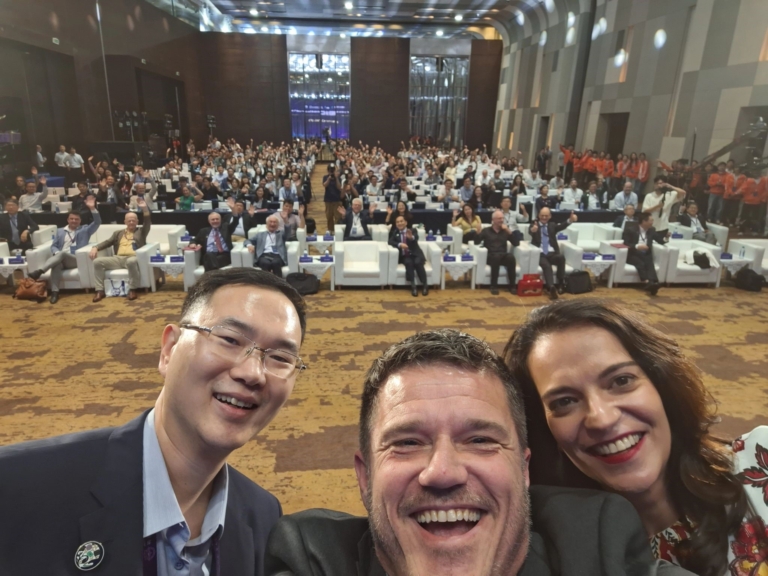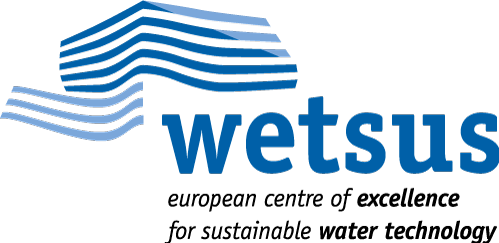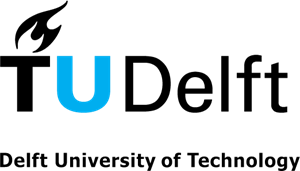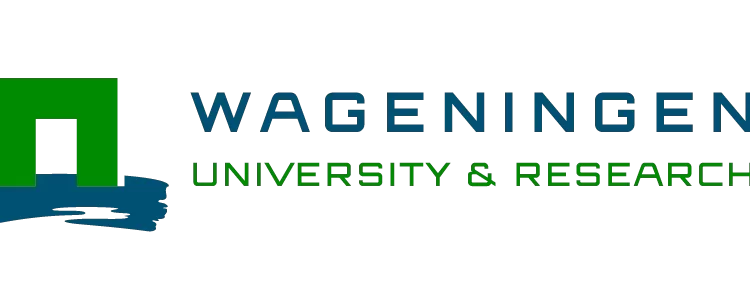IWA Resource Recovery Conference 2025
From Novel Concepts to Business
May 19-23, 2025
Leeuwarden, Fryslân, the Netherlands
It is our great pleasure to welcome you to the 6th edition of the IWA Resource Recovery Conference, which will be hosted in Leeuwarden (the Netherlands), the capital of water technology.
This event is organized by Wetsus in collaboration with Delft University of Technology and Wageningen University and Research. With this conference, we want to showcase and celebrate the experiences, lessons and results of more than 15 years of experimenting and upscaling of resource recovery around the world. Now it is time to transform these from concepts to business examples. Resource recovery is a very inspiring topic but has not been an easy journey and many lessons have been learned in both upscaling novel technologies and developing new markets. Our ambition is to make this conference a meeting point between academia and industry to ensure that research and industry can learn and inspire each other, thus working towards scaled-up and impactful solutions. We also want to put in the spotlight the future water leaders, the Young Water Professionals, and strengthen the link with policymakers to ensure that the potential of resource recovery is stimulated rather than hindered by legal frameworks. Shaping the future and improving our current practices can only be achieved by collaborative work. This event is the perfect opportunity to do so, via inspiring discussion and meaningful connections. We are looking forward to welcome all of you in Leeuwarden to make circular use of resources a reality.
The conference co-chairs,
Thomas Prot, Leon Korving, Yuemei Lin & Annemiek ter Heijne










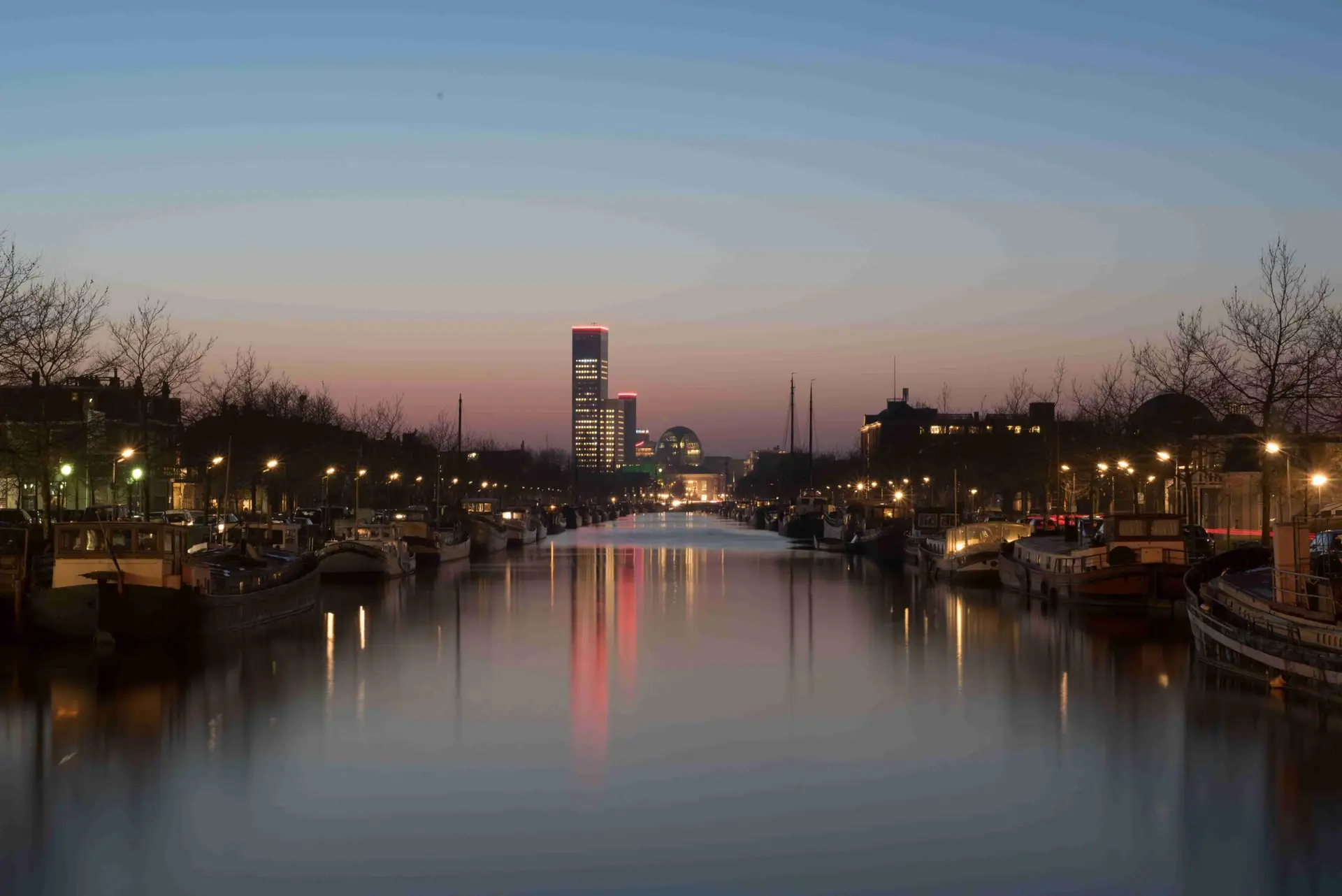

Program
Pre-Conference Workshop
Is there a topic you would like to discuss in depth with conference participants?
Then send us a 1-page application to organize a pre-conference workshop on Monday 19th of May 2025!
Find all the information you need and the template for the 1-page proposal here IWARR2025 – Workshop organization – 1-page proposal.
Committees
Program committee
- Ir. Leon Korving, Wetsus
- Dr. Ir. Thomas Prot, Wetsus
- Dr. Yuemei Lin, Delft University of Technology
- Prof. Dr. Ir. Annemiek ter Heijn, Wageningen University & Research
- Prof. Dr. Ana Soares, Cranfield University
- Prof. Dr. Ir. Korneel Rabey, Ghent University
- Dr. Ir. Mehran Andalib, Stantech
- Dr. Yu Troy Tao, Harbin Institute of Technology
- Prof. Dr. Ir. Cees Buisman, Wetsus/Wageningen University & Research
- Prof. Dr. Ir. Mark van Loosdrecht, Delft University of Technology
Organizing committee
- Dr. Ir. Thomas Prot, Wetsus, Co-chair
- Ir. Leon Korving, Wetsus, Co-chair
- Dr. Amanda Lasarati, Wetsus
- Dr. Carlo Belloni, Wetsus
- Ha Nguyen, Wetsus
- Hester Henstra, Wetsus
- Jessica Papera, Wetsus
- Dr. Raquel Barbosa, Wetsus
- Simona Pruiti, Wetsus
- Sophie Banke, Wetsus
- Yicheng Wang, Wetsus
- Ir. Yuwei Huang, Wetsus
Industrial advisory board
- Anne Mieke van der Werf, Director Business Development, Invest NL
- Ben de Ru, Program Manager Wastewater, Dutch Energy & Resource Factory initiative (EFGF)
- Frank Rogalla, Director Innovation & Technology, Aqualia
- Gurdev Singh, Chief Technology Officer, PUB Singapore
- Jouke Boorsma, Manager Projects & Business Developer Energy and Resource Factory, Aquaminerals
- Marissa de Boer, Chief Executive Officer, SusPhos
- Kate Jackson, Head of Circular Economy for Water, Arup
- Melanie Haberland, Sustainable Solutions Manager, SKion Water
- Outi Grönfors, Manager Application Development, Kemira
- Truke Smoor, Global Sustainability Director, Cargill
- Wendell Khunjar, Associate Vice President& Dircetor Wastewater Innovation, Hazen and Saywer
- Wilbert Menkveld, Chief Technology Officer, Nijhuis Saur Industries
Submission
Conference topics
Initiatives to recover resources from water sources have now been ongoing for more than 15 years and some first initiatives are now reaching commercial scale or are getting close. In this sixth edition of this biannual conference, we want to show the developments in the field and inspire people to start recovering resources or develop new recovery approaches. In particular we want to learn from current initiatives that are moving towards commercial scale and to see what are good practices and which obstacles need to be taken away. In this way we intend to contribute to the acceleration of the implementation of resource recovery. In short, so that we can go from “novel concepts to business”.
We invite you to submit abstracts for possible contributions to the following topics.
Often resource recovery initiatives focus on only one resource but we need a more integrated approach. We invite contributions that integrate multiple resource recovery approaches to obtain circular waste treatment plants.
How can we recover “top of the value pyramid” resources such as proteins, polymers and specific chemicals from waste water.
How to innovatively transform significant parts of what is now considered as waste into products with added value such as biogas, biosolids or char.
Nutrient management is so key to water treatment that it deserves a specific topic. We will have subtopics on phosphorus and nitrogen but we should also look at possible integrations. Also, we will have a subtopic on other nutrients such as K and trace elements.
Carbon can be recovered in various ways. Biogas production gets a lot of attention and upgrading of the biogas creates new opportunities such as CO2 recovery. However also other high value approaches are possible such as carbon sequestration via biochar or recovery of high value biopolymers.
How can water recovery be combined with resource recovery or recovery of heat. Water recovery by itself will not be the main focus of the conference but we are interested to learn how resource recovery and stimulate water reuse.
Salty waste waters are difficult to discharge so how can you recover value from the minerals in your waste water?
Let us know if you can recover a resource that not a lot of people have thought of yet.
How can industries valorise by-products from their waste water even though this may not be core business.
How can a more local scale stimulate resource recovery, for instance via recovery of cleaner resources or via more stakeholder engagement.
How can you tap into the potential value of your recovered resource. How can non-monetary values be taken into account.
Ok, your initiative was not a success, but at least you tried and you learned a lot. But like a fox we shall not be caught twice in the same snare. What lessons learned can you share with the conference participants?
Resource recovery does not end with the recovery of a resource. There needs to be a market and a product that meets market demands. We invite presentations that address this stage of resource recovery. It also includes achieving end-of-waste status, compliance to legislation and safety of the recovered resource.
Maybe you thought of a topic that we did not think of but should have. Then this is your topic to submit your breakthrough development.
Abstracts will be rated according to the following criteria:
- Relevance: How relevant is the submission to the conference's theme and audience? (5 pts)
- Novelty: How novel is the topic of the submission compared to the existing state of the art? (5 pts)
- Quality: How is the quality of the research displayed in the submission? (5 pts)
- Impact: How important is the impact of the results of this submission on the research field? (5 pts)
Important dates
-
Call for abstracts 01.06.2024
-
Submission deadline 31.10.2024
-
Author notification 20.01.2025
-
Early bird deadline 28.02.2025
-
Online registration deadline 01.05.2025
Registration fees

*Young Water Professionals (YWP) are 35 years old or younger.
**2023-Fees-Benefits-and-Country-Classification_GBP-Revised.pdf (iwa-network.org) .
***The registration fee includes the welcoming cocktail, lunch, gala dinner, and coffee breaks during the conference, admission to the conference venue and all sessions (from Tuesday to Thursday), and all conference materials.
**** Other activities such as pre-conference workshops, social and technical tours come with a small added cost (see add-ons when buying your ticket).
Venue
The conference will be held at the city theatre “De Harmonie”, one of the largest theatres in The Netherlands. From solar panels on the roof to conscious use of water and electricity, from fair trade coffee to the use of local products at the restaurant, De Harmonie holds strong values concerning sustainability and environmental responsibility.
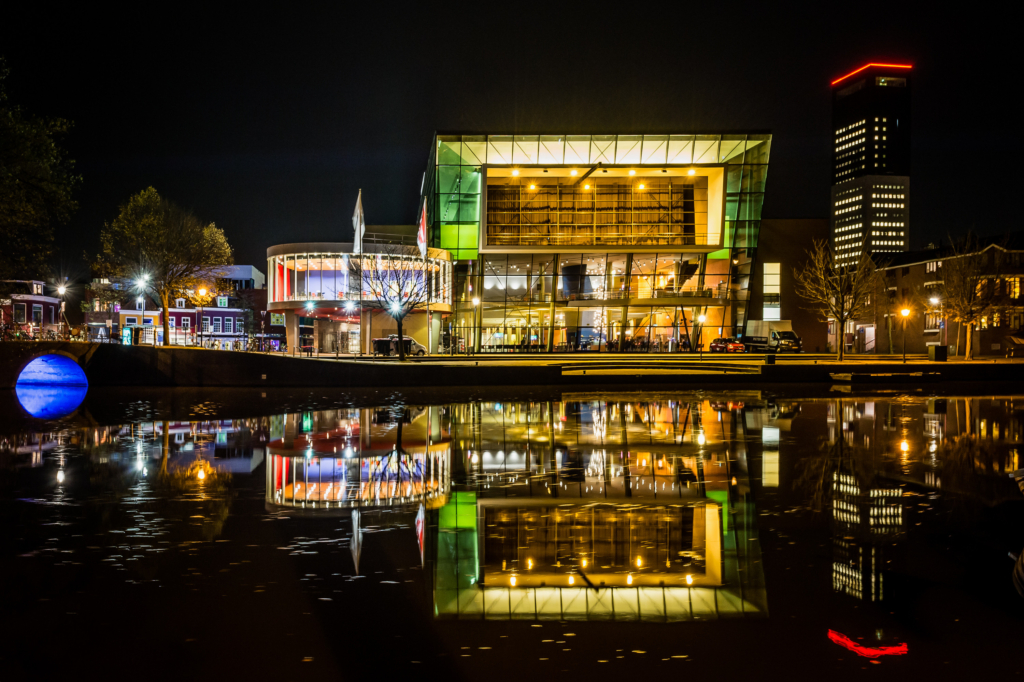
Accommodation
Book your stay for this event at one of Leeuwarden’s beautiful hotels, most of them within a walking distance from De Harmonie.
Download our suggestions here IWARR2025 – Acommodation.
Travel
There are multiple ways in which you can travel to Leeuwarden. From the airports of Amsterdam or Eindhoven it will take respectively 2 and 3 hours to travel to Leeuwarden by either car or train. You can plan your trip and check the current travel times and detailed information at 9292.nl or the 9292 mobile application.
Sponsors
Interested in sponsoring this event?
Download IWARR2025 – Sponsorship package for more information!
